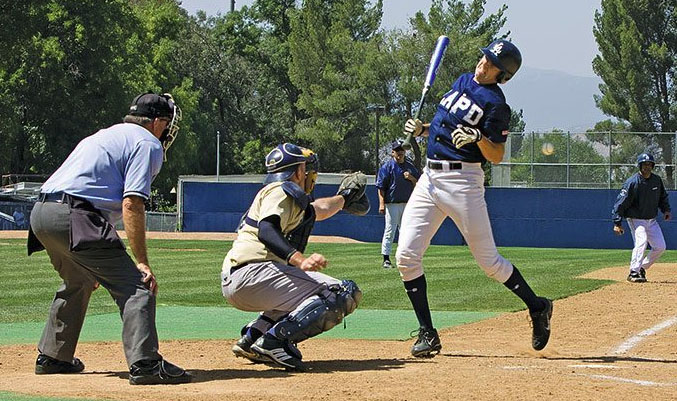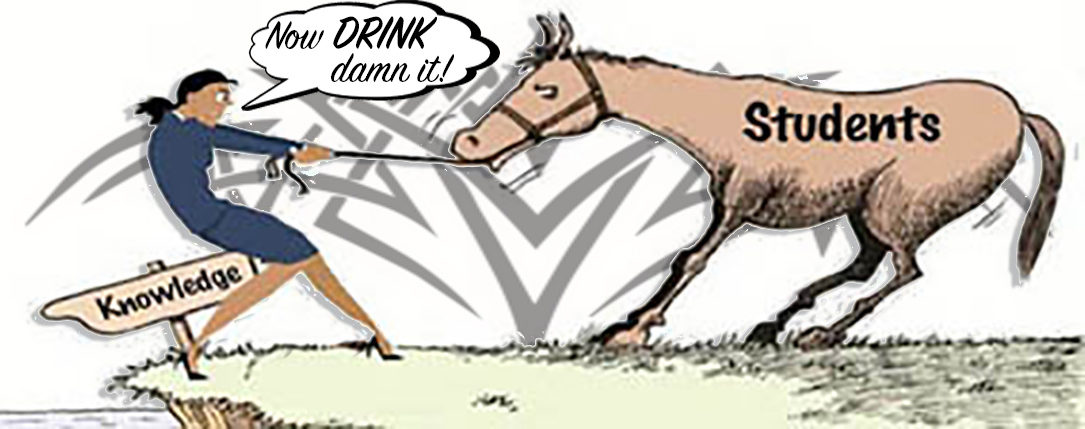Unwritten or not, rules are rules!
August 20, 2020

If you know me, you know I’m not a sports fan. Many find that surprising considering how many sports I played, and for how many years I was competitive. This year, I have not seen one pitch of baseball, one dribble of basketball, and am oblivious to the status of which college football teams are or aren’t playing. As for the NFL, I only watch the Super Bowl because I’m usually in an office block pool. I don’t waste time, and I’m not entertained, watching others play.
But recently I’ve seen Facebook posts about a baseball player breaking “unwritten rules.” First, he hit a grand slam when he wasn’t supposed to and the same player stole a base when his team was leading. I know about these rules. They’re followed so that teams don’t “pile on” when they’re winning big; they don’t dis-respect the other team. The “unwritten rules” are real, and transcend sports at every level.
In my early 20’s I was catching for a rag-tag team in the Penn-Del League. At the time, this was among the elite semi-pro baseball leagues in the Greater Philadelphia area, and many former and hopeful pros were on several team rosters. But not ours. We struggled to be competitive, but I found it fun to play against those guys.
One hot Philly summer we were playing a team that featured Ruben Amaro Jr. Ruben was a good player. His father was a popular former Philadelphia Phillies, and Junior would eventually go on to a successful professional career as a player, front office executive, and coach.
It was late in the game, and Ruben came to the plate having already hit safely in his previous four at-bats (it was a combination of him being that good and our pitcher being that bad). I asked the umpire for a time out and went out to the mound to discuss strategy with the pitcher.
“The first pitch,” I said, “I want you to hit him in the middle of the back, right between the numbers.” The pitcher just nodded in agreement. That’s the way successful catcher-pitcher relationships work (watch the Kevin Costner baseball movie, “Bull Durham,” to fully understand). I went back and squatted behind the plate, signaled for a fastball with a finger between my legs, and waited.
Surprisingly, the pitcher came through. I think it was the only time in the whole game he actually put the ball where he was aiming. Amaro hardly flinched (he was tough and the pitcher didn’t throw all that hard). He just dropped his bat and jogged down to first base. There was no yelling or threats, either from the batter or his teammates.
The umpire did have a question, though. When he came around and bent over to clean the plate, facing me and close enough that he didn’t have to talk loudly, he said, “Why did you do that?” I told him, “He was going to get on base anyway. I just wanted it to be on my terms.” He chuckled, whisked his brush quickly across the plate, and made ready for the next hitter.
About 30 years later, I would be involved in another situation. One beautiful weekend morning I was playing on Over-50 team against another squad, many of whom I had played with on other teams over the years. At that age, teams come and go as players retire to get new hips, shoulders, knees, etc. There was a lot of good-natured smack talk all day, and the fun was just being able to play each inning. But there are still unwritten rules.
It was the top of the last inning, and we were losing, 7-0. They had runners on second and third with no outs, and I just wanted to get out of the inning as quickly as possible. It feels much hotter when you’re squatting in catcher gear and losing. Our pitcher was using a full wind-up, focusing on the batter and trying to get an out. We weren’t worried about anyone stealing since they were winning 7-0, there were already runners on second and third base, and no one ever stole home (particularly in the old man league!).
The runner on third steals home while our pitcher was lethargically going through his motion. I stepped out to block the plate (it was allowed back then) but the ball came too late and the runner slide behind me. It was now 8-0.
Well, this caused quite a ruckus with lots of not-so-good-natured name-calling to the point their manager apologized. But in the spirit of baseball, that wasn’t good enough.
As the batter stepped back into the batter’s box, I looked up at him and said, “You know, we have to hit you now.”
He quickly stepped back out, looked down at me startled, and said, “why?!” The batter was a great guy. I veteran of the senior league who was several years over the minimum age limit but was still a good hitter.
“Because the guy who just stole home with a 7-0 lead is sitting safely in the dugout,” I told him, smiling. “I can’t hit him. So, I’m going to hit you.”
The umpire, hearing our conversation, came around to clean the plate and offer some advice. He, too, was a regular of the league who I knew very well. We even went for beers a couple times after games. As he was cleaning the invisible dirt off the plate, he very subtly said to me, “If you hit him, I’ll throw you out of the game.” He then smiled through his black protective mask, and resumed his position crouching behind me.
“Fair enough,” I said, and the batter stepped back in.
We intentionally walked that batter, for no other reason than to get to the next one as quickly as possible. The first pitch to the next batter hit him in the middle of the back, right between the numbers. I immediately turned to the umpire and said, “You didn’t say anything about the next guy.”
He laughed…. And threw me out of the game.
The lesson: In life there are rules – written and unwritten – and there should be consequences when they aren’t followed.



